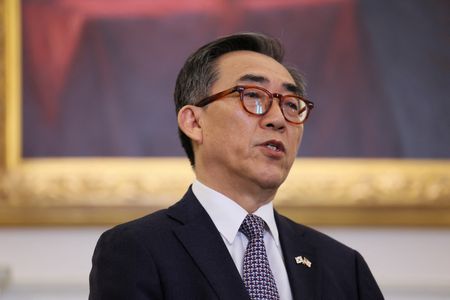By Jonathan Landay
WASHINGTON (Reuters) – A commission created by Congress to conduct an independent review of the 20-year U.S. war in Afghanistan held its first public hearing on Friday, pledging to be “unflinching” in examining how and why key decisions were made and who made them.
But, while accountability “is centrally important, our focus is less on assigning credit or blame … than on extracting and applying its lessons” for future conflicts, said co-chair Colin Jackson.
The panel’s first public hearing came just over a month before the third anniversary of the chaotic final U.S. troop withdrawal that ended America’s longest war as the Taliban seized Kabul.
Some 800,000 U.S. servicemembers served in Afghanistan following the U.S.-led invasion triggered by the Sept. 11, 2001, attack on the United States by Afghanistan-based al Qaeda.
During the war, 2,238 U.S. servicemembers died and nearly 21,000 were wounded. Independent estimates put the number of Afghan security forces and civilians killed at more than 100,000.
The 16-member commission, which was set up more than two years ago but began work less than a year ago, is to deliver its report by August 2026.
Jackson, a former Pentagon official who served as a civilian adviser to the U.S. military in Afghanistan, noted that it was the first time that Congress has “called for a comprehensive in-depth study of an American war”.
“This will mean taking a hard look at … what we did right and what we did wrong,” he told the hearing at the headquarters of the Veterans of Foreign War, an advocacy group.
“We need to ask hard questions, especially probing the key decisions in the war, how they were made, and why,” he continued. “We will be unflinching in pursuit of answers.”
The first witness, former U.S. Ambassador Ronald Neumann, urged an examination of how policy decisions were implemented.
A Vietnam War veteran, Neumann said “almost no valid lessons were carried” from that conflict to Afghanistan.
Such lessons included doing away with short tours for top officers, which he said stunt the transfer of knowledge to successors and are “the institutional equivalent of a frontal lobotomy.”
(Reporting by Jonathan Landay; Editing by Frances Kerry)












